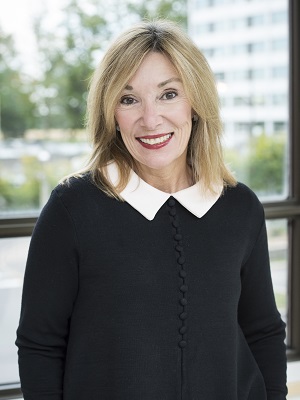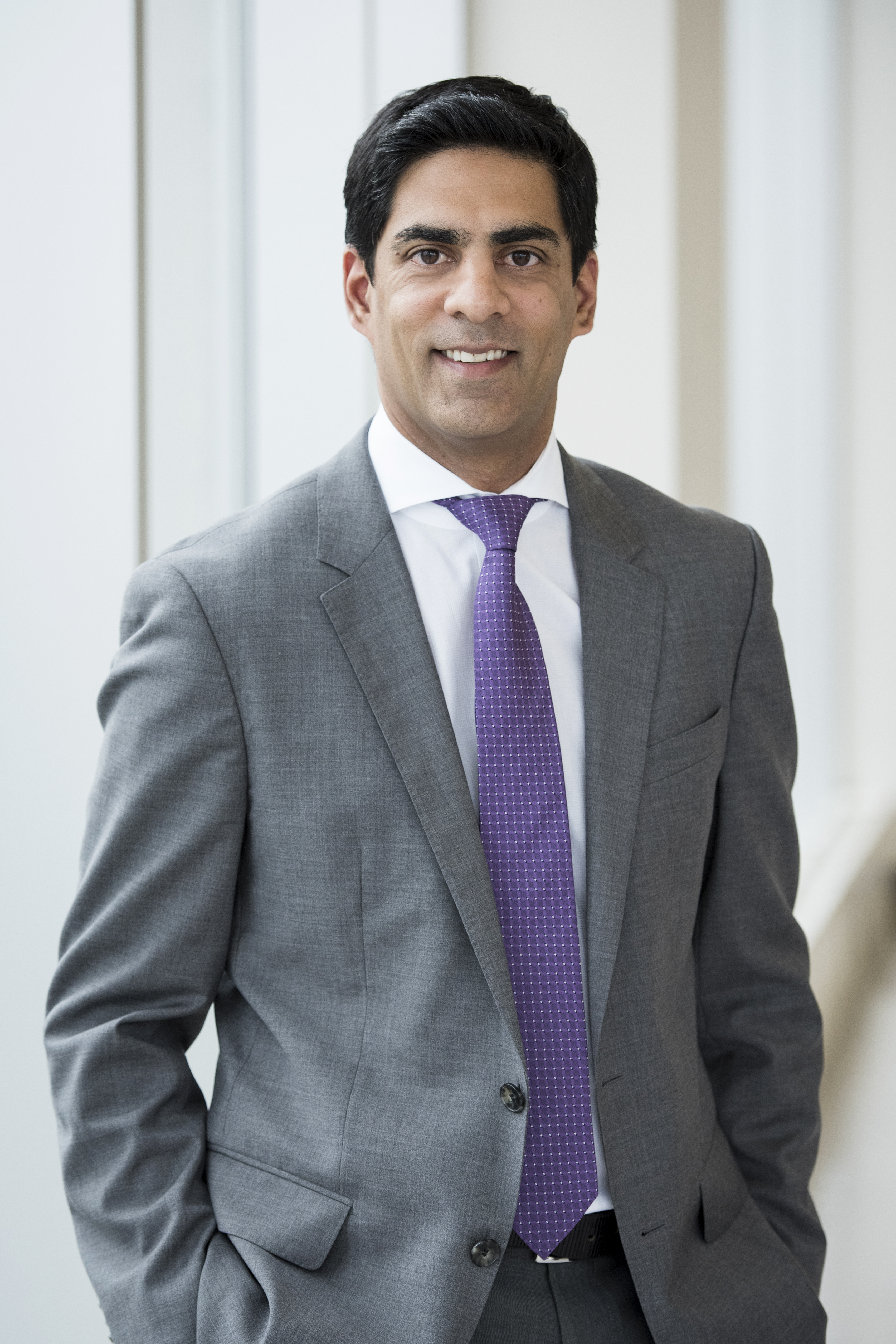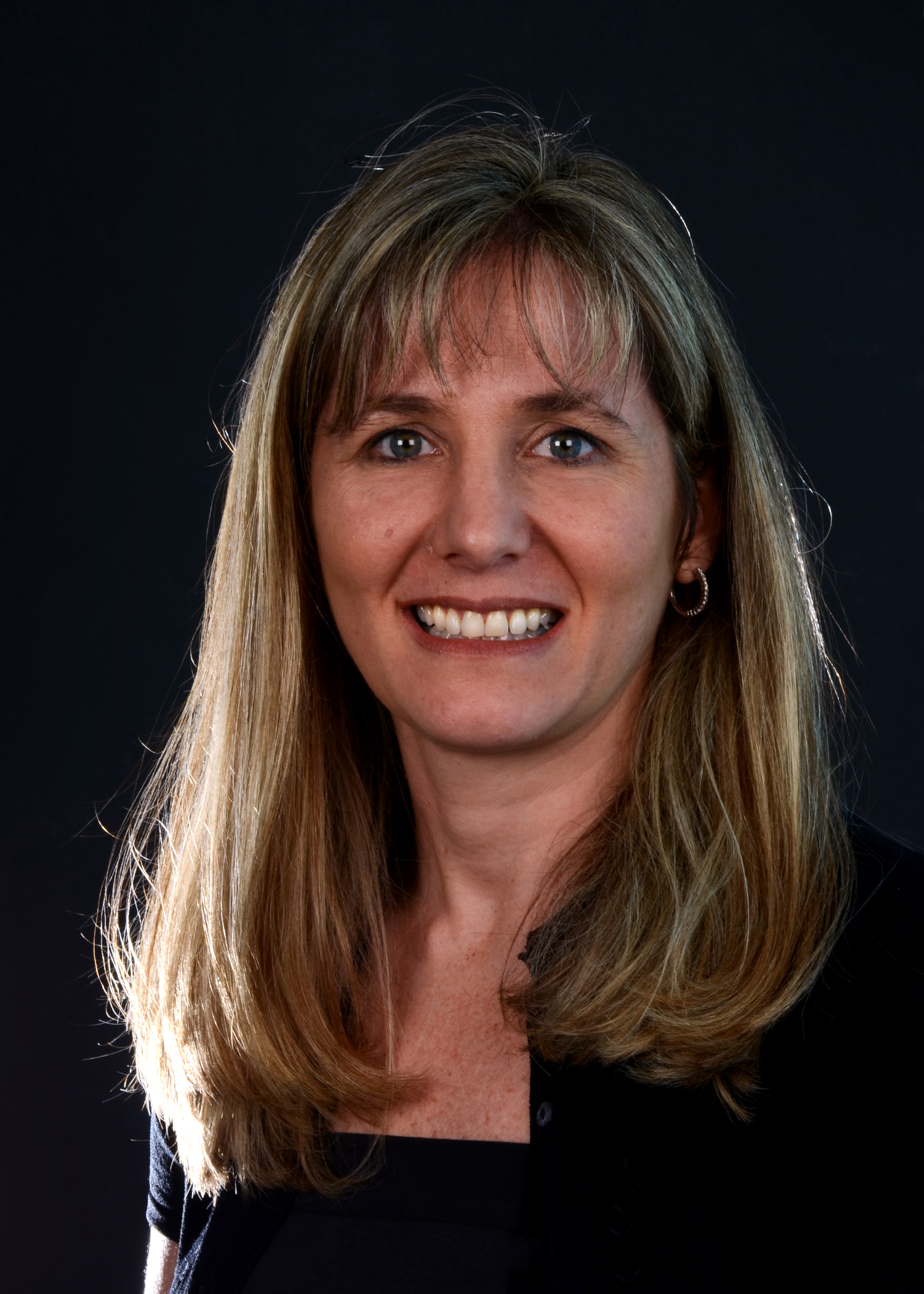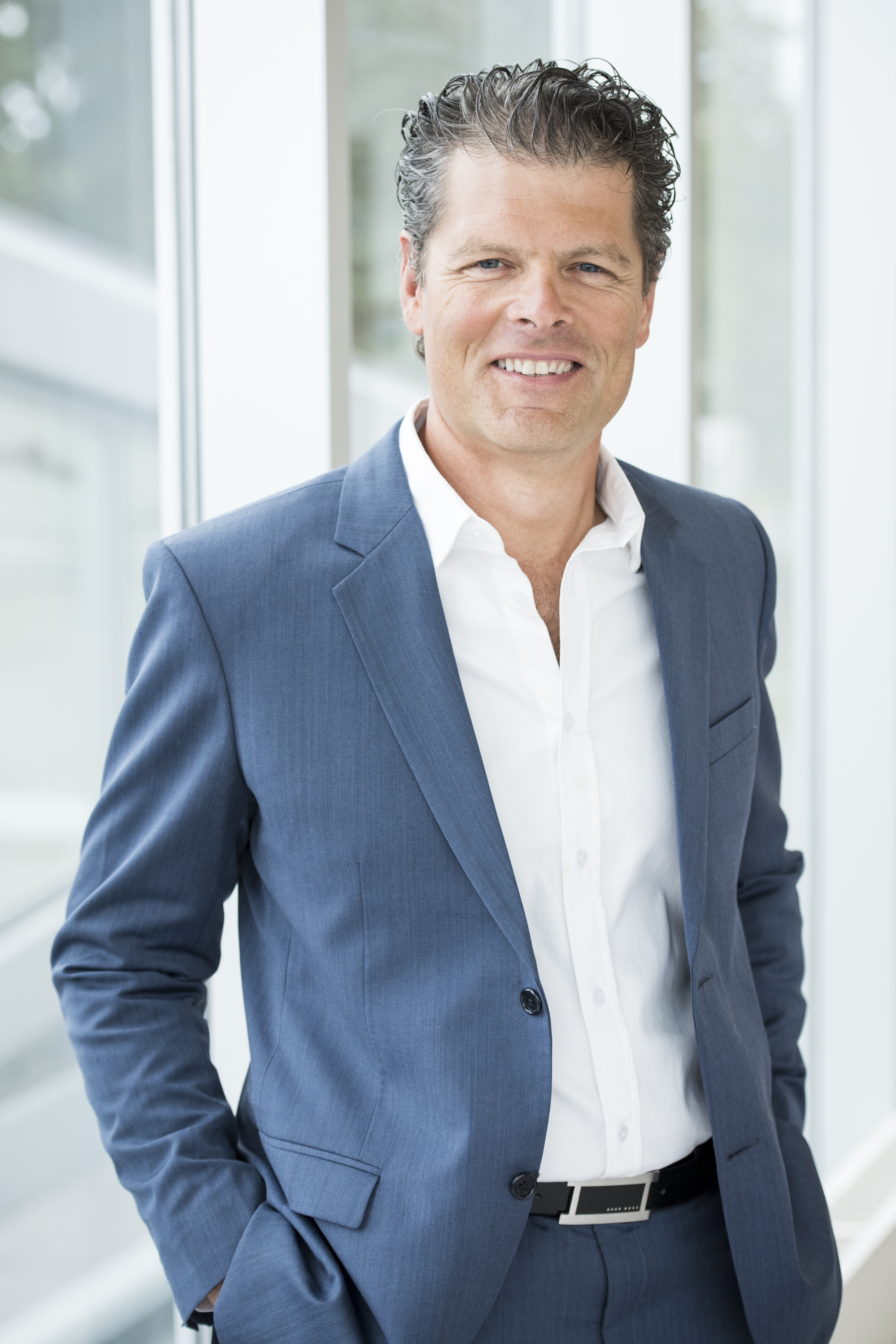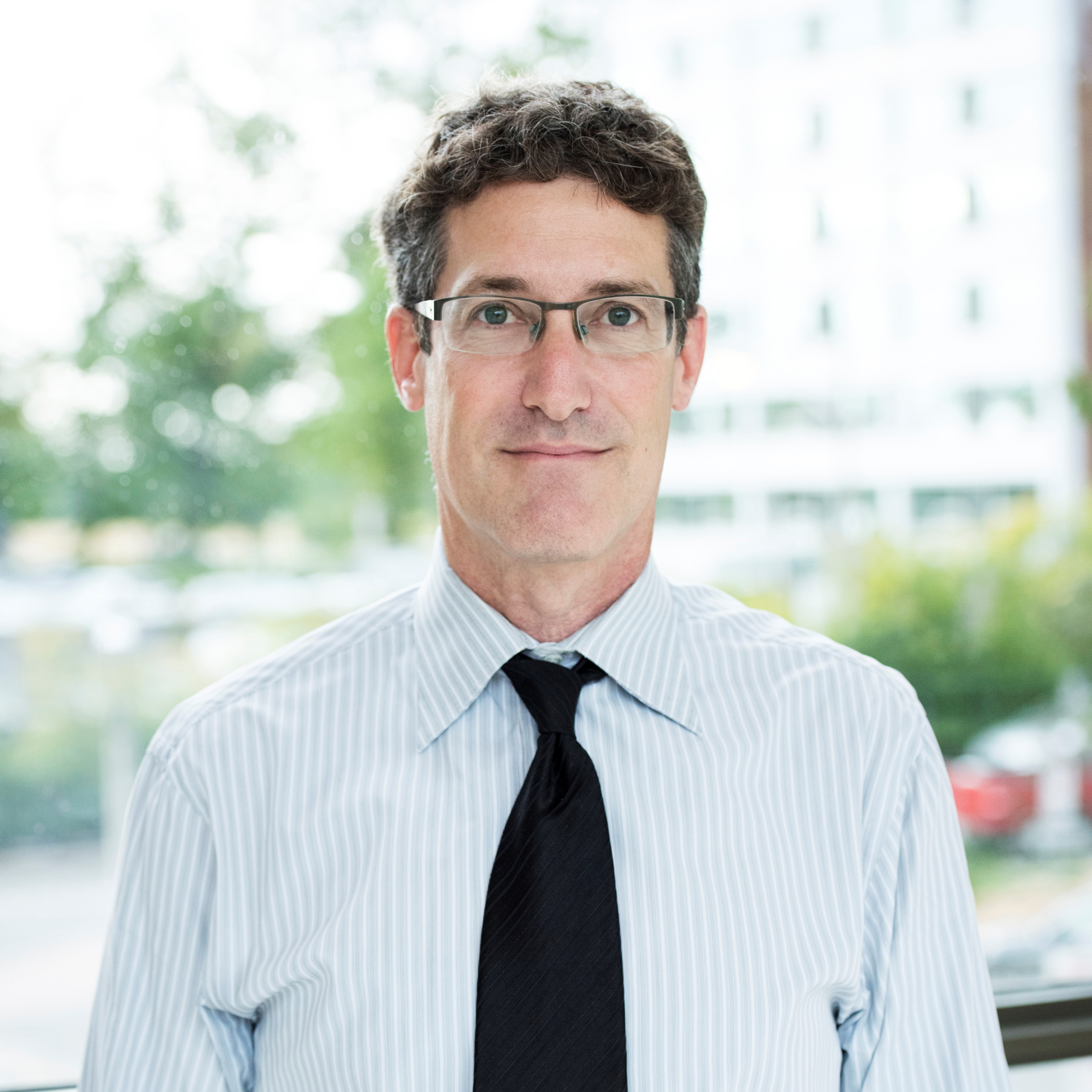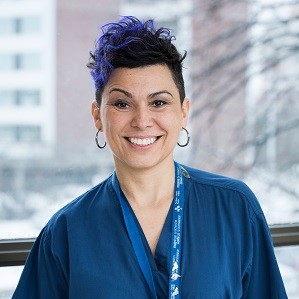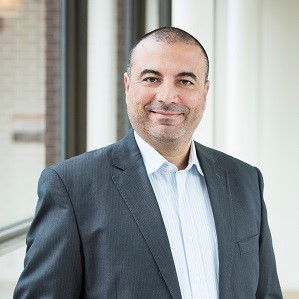Fellowship Training
The Breast imaging section offers one fellowship position per year to national and international applicants. The fellowship comprises one year of specialized breast training, with rotations in screening, diagnostic assessments, breast biopsies, breast MRI interpretation and MRI guided breast biopsies. Exposure to breast surgery and breast pathology is included in the fellowship. Fellows participate in weekly multidisciplinary breast conferences with pathologists, radiologists, breast surgeons and oncologists. Fellows participate in research, and may present at international conferences.
Continuing Medical Education
The faculty provides a national breast imaging update CME conference every two years, and some of the faculty are invited for additional national and international conferences. A core curriculum of 20 breast imaging lectures is provided to radiology residents every two years.
Research
The faculty participate in research as a part of the Ottawa Hospital Research Institute. Research is done in collaboration with breast surgeons and physicists of the University of Ottawa and is part of multi-center trials with the Canadian Clinical Trials Group. Faculty members participate in the Ontario Breast Screening Program(OBSP). The radiologist-in-chief for OBSP is Dr Jean Seely.


